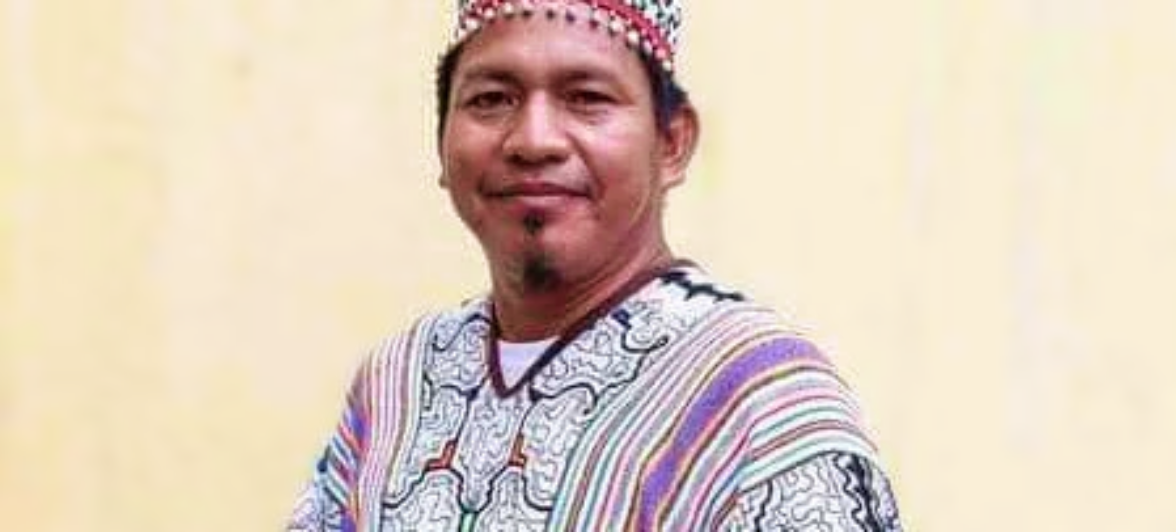In a powerful open letter signed by hundreds of female prisoners, human rights organizations, lawyers, and activists, a plea has been made to include female incarceration as a central topic at the Women Deliver conference in Rwanda. The exclusion of current and former female prisoners from discussions on women’s rights has resulted in a lack of necessary funding and policy reforms to tackle the distressing surge in the criminalization of women and the unjust detainment of children with their parents.
Since 2000, the number of women and girls in prison has risen by nearly 60%, a rate almost three times higher than the 22% increase in the male prison population. The global female prison population witnessed a staggering growth of over 100,000 in the decade leading up to the end of 2020. Extensive evidence demonstrates the close link between women’s incarceration and factors such as domestic violence, poverty, and discriminatory laws.
Renowned Zimbabwean author Tsitsi Dangarembga, Ugandan human rights advocate and poet Stella Nyanzi, along with Amnesty International and Human Rights Watch, are among the 250 signatories urging the Women Deliver conference to ensure the inclusivity of all women in high-level forums on women’s rights. Women Deliver, originally focused on sexual and reproductive health, has evolved into one of the world’s most prominent organizations promoting gender equality and the rights of women and girls.
The open letter, endorsed by 115 organizations worldwide, also calls for action within the six “action coalitions” launched at the Generation Equality Forum in 2021, where comprehensive five-year plans were established to expedite progress. Despite billions of dollars pledged by philanthropists and governments to support gender equality during the forum, the letter highlights the exclusion of a vital group of women and girls—those who have been criminalized, incarcerated, or formerly incarcerated.
Susan Kigula, a signatory to the letter who experienced wrongful conviction for her husband’s murder and spent 16 years in Ugandan prisons before becoming a lawyer, expressed disappointment that organizations and individuals still marginalize and exclude women who have been imprisoned from policy decisions. She emphasized the importance of recognizing the humanity and potential of formerly incarcerated women, asserting that their past should not define them.
The letter, organized by Women Beyond Walls—a platform striving to end the over-incarceration and over-criminalization of women globally—reveals that applications submitted by several signatories to hold an official event on the issue at Women Deliver were rejected. The signatories call upon member states, UN agencies, intergovernmental bodies, and organizers of future high-level assemblies to prioritize women’s incarceration as a vital topic, including the forthcoming midpoint meeting and the United Nations’ Commission on the Status of Women in March.
Claudia Cardona, director of Corporación Mujeres Libres, an organization defending the rights of women affected by the prison system, highlighted how society often dismisses incarcerated or formerly incarcerated women, denying them a voice. She stressed that their lived experiences provide valuable insights for constructing a world where all women enjoy equal opportunities and protected rights.
The neglect of this group of women has immediate consequences, hindering policy reforms, impeding access to funding, and obstructing the growth of a movement aimed at global solidarity and the amplification of the voices, experiences, and ideas of incarcerated women.
Research conducted by Women Beyond Walls exposed that over 60% of organizations working with incarcerated women faced precarious financial situations, with more than a quarter stating that they might be forced to cease operations due to insufficient funds. Moreover, over 70% reported receiving no funding from women’s rights or feminist foundations, exacerbating the challenges faced by incarcerated women and impeding progress in achieving their rights.






